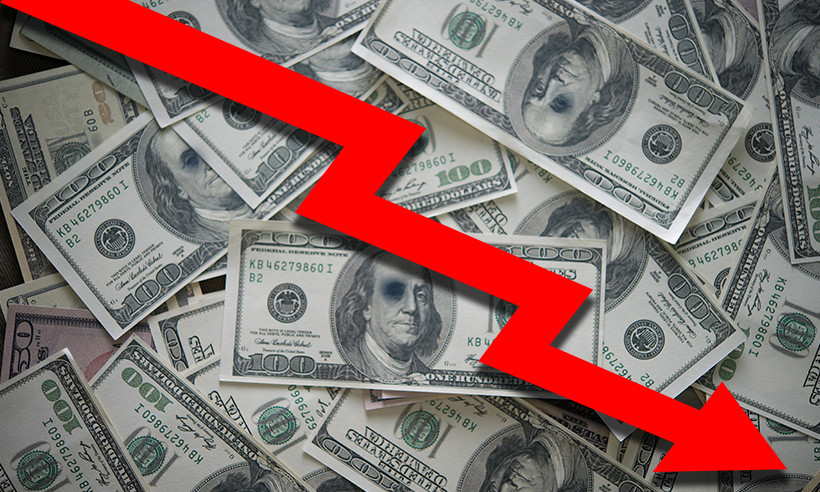- Your cart is empty
- Continue Shopping

Oil surges as Saudi remarks outweigh recession worries
Tuesday saw a rise in oil prices after top exporter Saudi Arabia indicated OPEC+ was continuing to output cuts and could take more measures to balance the market, outweighing concerns about a global recession and the rising number of COVID-19 cases in China.
Prince Abdulaziz bin Salman, the energy minister for Saudi Arabia, was also cited by the state news agency SPA as refuting a Wall Street Journal report that said OPEC was considering increasing supply, which caused prices to drop by more than 5%.
By 11:42 GMT, Brent crude had risen $1.16, or 1.3%, to $88.61. At $81.04, West Texas Intermediate (WTI) crude for the United States was up $1.00, or 1.3%.
Crude oil prices are attempting to recoup their losses, according to Naeem Aslam, an analyst with Avatrade. The market has been buoyed today by Saudi Arabia’s denial that OPEC and its partners ever discussed increasing oil production.
The United Arab Emirates, another significant OPEC producer, denied that it was in discussions to modify the most recent OPEC+ deal, while Kuwait insisted that there were no discussions about raising output.
A day before the initiation of European and G7 actions in retaliation for Russia’s invasion of Ukraine, which could strengthen the market, OPEC, Russia, and other allies meet on December 4.
A G7 agreement that will permit shipping service companies to aid in the export of Russian oil, but only at imposed low rates, as well as a European Union prohibition on the importation of Russian crude oil are both scheduled to take effect on December 5.
The upside was constrained by worries about oil consumption in the wake of interest rate increases by the US Federal Reserve and China’s tough COVID lockdown regulations.
On Tuesday, parks, malls, and museums were closed in Beijing, and widespread COVID testing had resumed in further Chinese cities. The Chinese capital issued a warning on Monday, stating that the pandemic is posing its greatest threat yet, and tightened entry requirements.
The most recent weekly supply snapshots for the United States will be in focus later; it is anticipated that they will show a decrease in crude inventory of 2.2 million barrels. The report from the American Petroleum Institute is released at 21:30 GMT.
Source: Reuters
